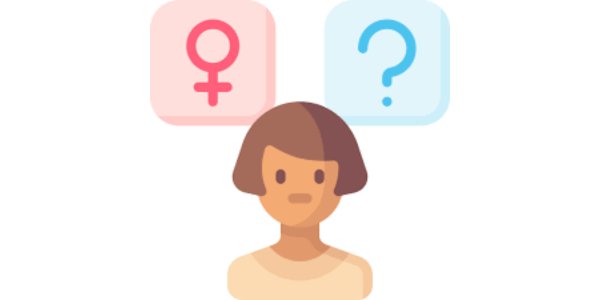Gender Identity
Understanding Gender Identity
The Concept of Gender Beyond Biology
Gender identity refers to how a person personally experiences and defines their own gender. It goes beyond biological sex, encompassing one’s internal sense of being male, female, both, neither, or somewhere in between. Unlike physical traits, gender identity is about self-recognition — how you see yourself and how you wish to be seen.
In modern society, discussions around gender have moved past the binary model. Many people identify as non-binary, genderqueer, or gender fluid, reflecting the diverse spectrum of human identity. This expansion of understanding helps foster inclusivity and respect for individual expression.
The Importance of Self-Expression
Recognizing and respecting gender identity is crucial for emotional health and social equality. When someone’s gender identity is acknowledged, they often experience greater confidence, authenticity, and mental well-being.
In relationships, workplaces, and communities, respecting gender identity means using preferred pronouns, names, and avoiding assumptions based on appearance. This level of awareness supports not only inclusivity but also the freedom to live truthfully without judgment.
Gender Identity and Society
Gender identity plays a powerful role in shaping personal relationships, cultural norms, and even sexual attraction. Some individuals explore their gender through clothing, behavior, or sexuality, while others express it through art, activism, or self-discovery.
The understanding of gender continues to evolve, showing that identity is not limited by biology—it’s shaped by culture, experience, and individuality.
FAQ
What does gender identity mean?
Gender identity is a person’s internal sense of their gender. It’s how someone understands and defines themselves, which may or may not align with their biological sex.
How is gender identity different from sexual orientation?
Gender identity is about who you are, while sexual orientation is about who you’re attracted to. The two are distinct aspects of identity.
What influences a person’s gender identity?
A mix of biological, psychological, and social factors can shape gender identity. Culture, upbringing, and personal experiences also play key roles.
Why is gender identity important?
It’s essential for self-understanding and well-being. When gender identity is respected, it helps people feel validated and safe in expressing who they truly are.
Can gender identity change over time?
Yes. Some people discover or redefine their gender identity as they grow and explore themselves. It’s a personal and evolving process.
















